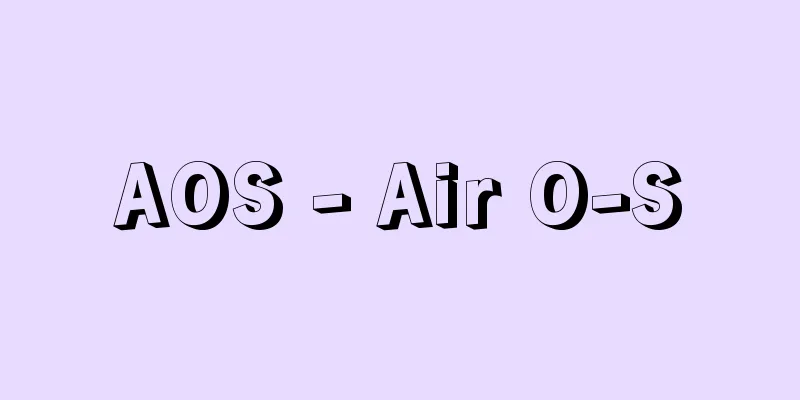Language processor - Gengoshorikei (English spelling) language processor

|
Software that performs the necessary processing to make a computer execute a program written in a programming language that humans can understand. It is also called a language processor. Broadly speaking, language processing systems consist of a conversion system that converts a program that humans can understand into a program suitable for computer processing, and an execution system that makes the computer process it and output the processing results. Programming languages that are close to the language used by humans are called high-level languages (→ high-level languages), while those that are easy to process for computers that only recognize 0 and 1 are called low-level languages (→ machine language). In order for a computer to process a program written in a high-level language, it performs processes such as lexical analysis, which analyzes the words that appear in the program, syntactic analysis, which examines how the words are connected according to the grammar (syntax rules), and semantic analysis, which examines whether there are any semantic errors in the program, such as the use of variables. A processing system that first translates the entire program written in a high-level language into a program in a low-level language and then executes it is called a compiler. On the other hand, a processing system that interprets and executes a program written in a high-level language step by step is called an interpreter. While a specific program is being developed, an interpreter is appropriate because it can partially interpret and execute the program, but once the program is completed, a compiler is appropriate because it can execute the program efficiently. Source: Encyclopaedia Britannica Concise Encyclopedia About Encyclopaedia Britannica Concise Encyclopedia Information |
|
人が理解できるプログラム言語で書かれたプログラムをコンピュータで実行させるために必要な処理をするソフトウェア。言語プロセッサともいう。言語処理系を大きく分ければ,人が理解できるプログラムをコンピュータでの処理に適したプログラムに変換する変換系と,コンピュータに処理させて処理結果を出力させる実行系からなる。プログラム言語は,人が使うことばに近いものを高水準言語(→高級言語)といい,0と 1しか認識しないコンピュータに処理しやすいものを低水準言語(→機械語)という。コンピュータが高水準言語で書かれたプログラムを処理するためには,プログラムに登場する単語を解析する字句解析,文法(構文規則)にのっとってどのようにつながっているかを調べる構文解析,変数の使い方などプログラムに意味的な誤りがないかを調べる意味解析という処理を行なう。高水準言語で書かれたプログラム全体を低水準言語のプログラムにいったん翻訳して,それから実行させる処理系をコンパイラという。一方,高水準言語で書かれたプログラムを順を追ってひとつひとつ解釈し実行させる処理系をインタープリタという。具体的なプログラムを開発している間は,部分的にも解釈実行が可能なインタープリタが適するが,いったんプログラムが完成すると能率的に実行できるコンパイラが適している。
出典 ブリタニカ国際大百科事典 小項目事典ブリタニカ国際大百科事典 小項目事典について 情報 |
<<: New Language Works - Gengo Shinsaku
>>: Speech and language disorder
Recommend
Economics
Economics is a term used to describe the study of ...
Taman Siswa (English spelling)
A nationalistic private school founded in July 192...
Kurobane Clan
A small Tozama domain based in Kurobane, Shimotsu...
Scutellaria indica; skullcap
A perennial plant of the Lamiaceae family, it is w...
Colophon - Okuzuke
This refers to the page or part at the end of a p...
Zimnii dvorets (English spelling) Zimniidvorets
…The Admiralty Palace (Admiraltystvo), famous for...
Dental caries - Ushisho
→ Tooth decay Source : Heibonsha Encyclopedia Abou...
Washington National Airport
...Located 43km west of Washington, it has an are...
Modified banknotes
〘Noun〙 Another name for government paper money iss...
Poorhouse - Kyuhinin
〘 noun 〙 A public or private facility established ...
Ahbar - Ahbar
...They also do not accept any ijma (consensus) a...
Young Men's Christian Association
…Its official name is the Young Men's Christi...
Arsoran - Arsoran
…If this is further reacted with silver hydroxide...
"Dew of Ohara" - Ohara no tsuyu
…Upon graduation in 1904, he was appointed assist...
Nine stages of rebirth
This refers to the nine stages (kubon) of rebirth ...









